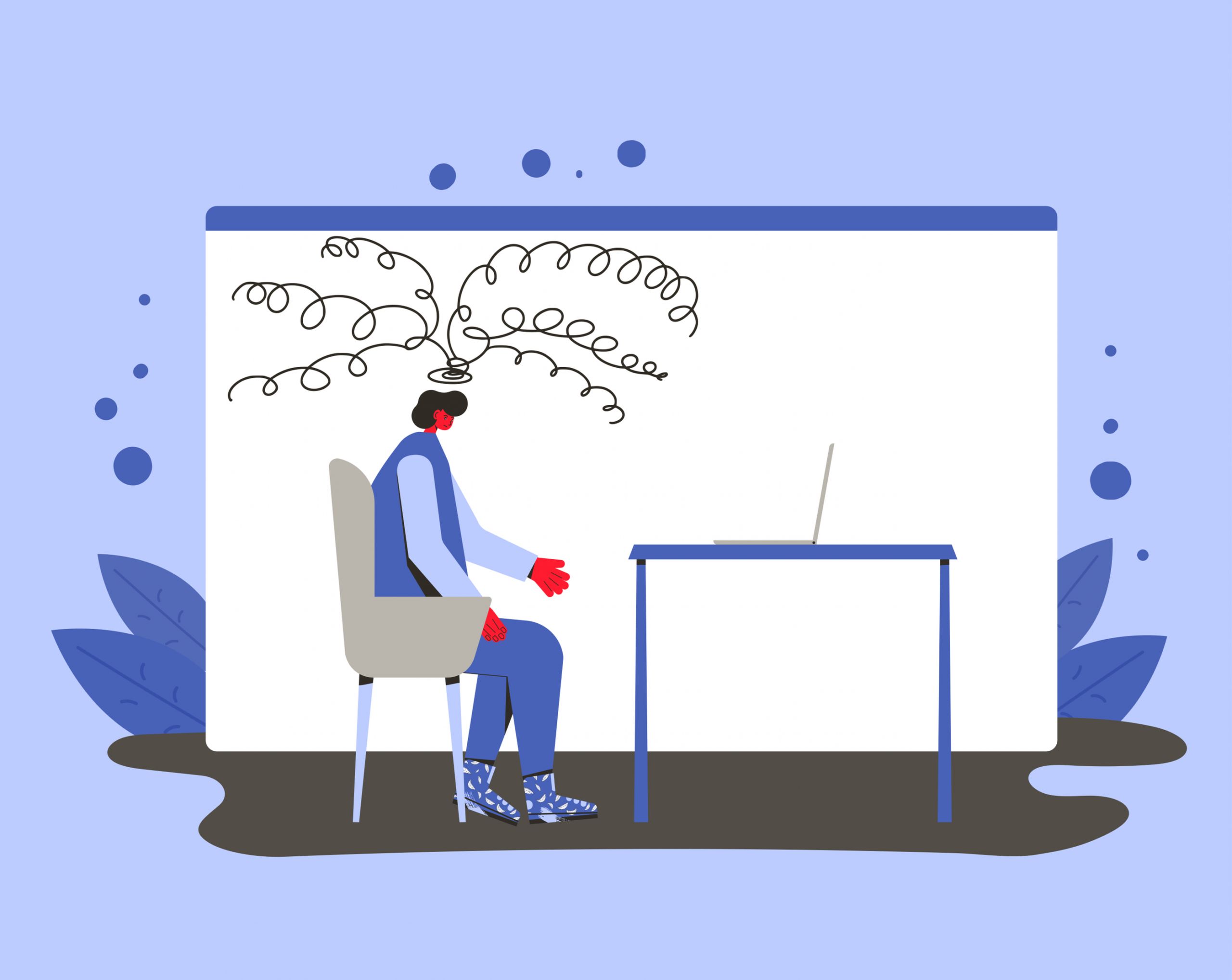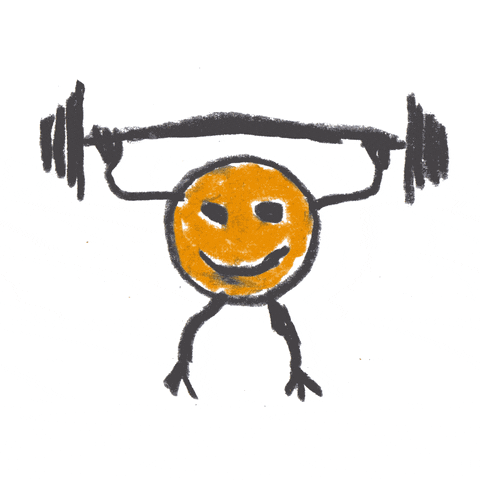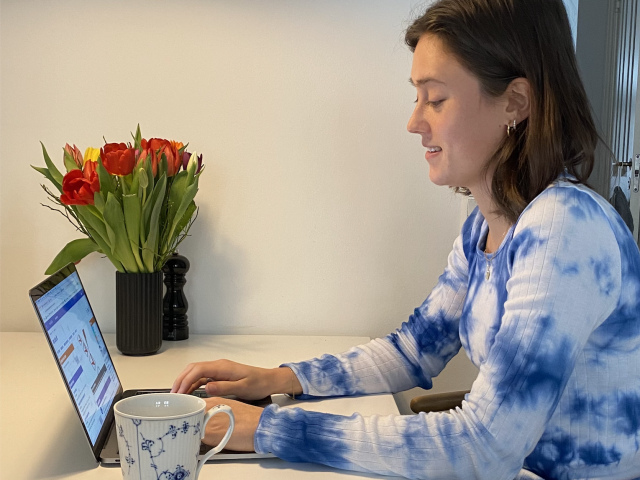“Too much working from home can be bad for your health”

(Illustration: Shutterstock)
ResearcherZone | 02. Feb 2021
By Peter Holdt Christensen, PhD, Associate Professor, CBS. Translated by Helen Dyrbye.
Now that so many people have spent so many months banished to their home offices, we have gradually realised, on the one hand, that working from home is actually possible.
In the space of just a few months, our somewhat outdated perception of work as being something we do when physically together in one place has well and truly changed. On the other hand, it also now appears that, as research on working from home documented long ago but we have perhaps failed to notice much over the months: too much working from home is bad for your health.
In recent months, being sent home has therefore led to an imbalance between our physical presence at work and working from home. In other words, we have been working from home too much. But why is working in home offices for too long bad for your health?
For five reasons in particular: less energy, uneven cadence, fewer encounters, the fear of exile and lack of meaningfulness.
Less energy
While at work, we don’t just use energy. We also gain energy from many of our social interactions with colleagues. These energising relations produce positive emotions such as happiness and inspiration and, in turn, create what are referred to as solidarity effects, which describe the increased willingness to do something for the common good of the workplace or work community.
But when social interactions are replaced by digital interactions, and as we only meet colleagues online, those meetings are less multifaceted in many ways, and that generates less energy.

(Illustration: Giphy.com)
The term richness describes how much information a given channel of communication can contain, and now that we are meeting on all kinds of digital platforms – with or without images – our digital interaction includes less information compared with face-to-face interactions.
In other words, the bandwidth is limited, and we therefore do not experience the same degree of proximity and derive the same level of energy from others.
We may attempt to replace many of the social activities usually found at work – such as chance encounters by the coffee machine, more formal weekly meetings, here-and-now teamwork and Friday bars. But with digital interactions, which have lower levels of richness, without eye contact or the chance to give a colleague a friendly pat on the back, we risk our work motivation being eroded.
So, digital interactions are less likely than face-to-face meetings to cover our basic need to feel part of the social community, and they can also make it hard to feel that our work performance matters to others.
Uneven cadence
The ways in which we depend on colleagues when working on tasks not only reveals something about the resources required to coordinate the work tasks.
They also reveal something about the social community we feel we share with others. The more we depend on others when performing our own work tasks, the more we see these colleagues in particular, and therefore know them well, and often like them. This frequent social interaction between people creates what is termed cohesion, i.e. an expression of how much we like – and want to continue working with – our colleagues.
People who know each other well, and like each other, work together better than people who do not know each other very well and perhaps therefore do not like each other very much. It is therefore important for organisations to foster good cohesion between colleagues. Cohesion helps to ensure a certain rhythm – a cadence – in the performance of work tasks.

(Illustration: Giphy.com)
However, research into distance work has documented that people who often work apart, typically have less sympathy for each other and therefore share less mutual cohesion. And as they are not as good at working together, their collaboration has an uneven cadence.
Fewer encounters
In home offices, it can be difficult to recreate the (sometimes) liberating and flexible structure and informal rituals of a normal working day.
So we work from home at the mercy of technology, taking great pains to try to recreate a vital feature of most workplaces: the coffee machine, and more specifically the random, short and energising meetings with colleagues that just such a coffee machine – bowl of fruit, photocopier or table-football game – often inspire.

(Illustration: Giphy.com)
The lack of a virtual bowl of fruit, and the small talk, glimpse of colleagues and casual meetings it offers, is therefore something many people miss when working from home a great deal, and technology has yet to solve that challenge.
These encounters are essential for e.g. workplace cohesion, knowledge sharing and the feeling of belonging to a social community. In fact, working from home too much can stifle encounters.
Life at work must therefore be experienced from the front row – for example via employees randomly encountering their colleagues in stairwells and hearing some workplace gossip or gaining knowledge that can help in solving ongoing work tasks.
The fear of exile
Working from home too much can also leave you feeling banished from the physical workplace, which can then lead to individuals feeling both lonely and overlooked.
Less rich meetings with colleagues, and fewer encounters, mean our need for close working relationships are not adequately met – despite social interactions with our families. In addition to loneliness reducing individuals’ self-esteem, it also negatively affects our work performance.
When many people are forced to work from home for long periods, it becomes impossible to adequately cover their most basic needs for face-to-face interactions with colleagues.

(Illustration: Giphy.com)
The unhealthy balance of working from home too much also creates a feeling of being overlooked. When working from home, we are very aware of showing that we are active, and therefore we often send more mails and call colleagues more often than when we are at our workplaces. In one way or another, we must make ourselves visible, even though we are invisible.
Paradoxically, some of the advantages of working from home are cancelled out by all the extra tasks employees must undertake at home to draw attention to themselves. And creating this awareness is still necessary because people still believe that if you are invisible, you are freewheeling (though this idea is also changing).
Lack of meaningfulness
Feeling that our work is of importance to others is a vital motivation factor. In recent years, in particular the wish to be something together with others and (or) do something for others has therefore prompted a key method for reinforcing work motivation.
In a nutshell, it involves being with others and making a difference to others, which is meaningful and creates motivation. It is therefore important, for example, to belong to a social community, and have the opportunity to experience how your work performance makes a difference to others – both inside and outside the workplace.
Yet, widespread working from home reduces our ability to derive any meaning from work through other individuals, simply because digital interactions are less rich, and we have far fewer encounters.
Working from home too much is therefore basically not good for your health because many of the processes and structures we often take for granted during normal working days, which usually help individual employees, groups and thereby organisations to function, largely cease to function – or do not function optimally – when permanent distances exist.
All that working from home may well save us plenty of kilometres otherwise spent on the road, as well as transport time, but working from home too much can also take its toll. However, at some point in the future when it is once again possible, we can reinstate the right balance of working from home and going to work to minimise both the unhealthy effects of working from home and the costs they incur.

(Illustration: Giphy.com)



































































































































Comments